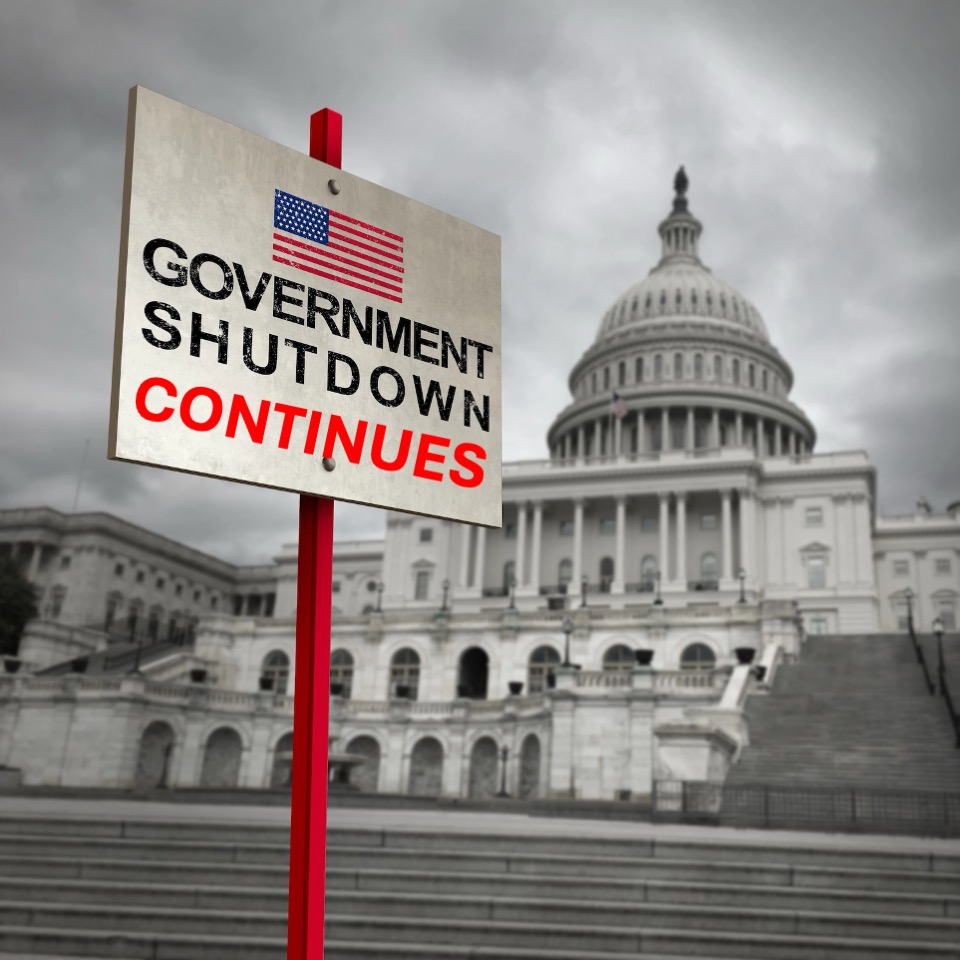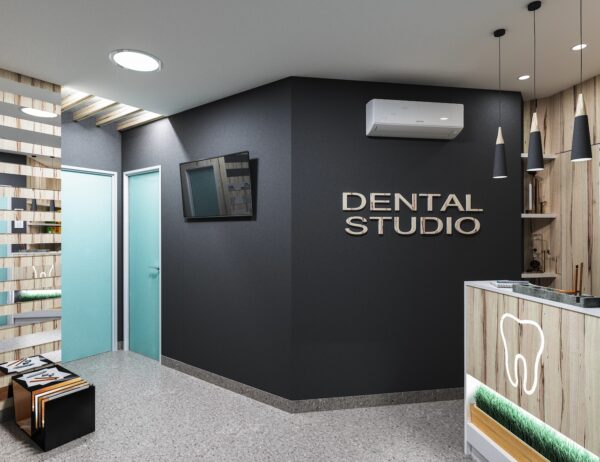Key Takeaways
- Stay current on taxes: IRS operations may be slowed, but filing and payment deadlines remain in effect. Avoid penalties by filing electronically and keeping your records organized.
- Plan for premium hikes: Health and benefit plan costs are likely to rise as federal oversight remains uncertain. Review renewal terms and adjust your budget early.
- Expect financing delays: SBA-backed loans and other federal funding channels are on hold, which could affect equipment purchases or expansion plans.
- Protect your cash flow: Build a short-term reserve and monitor receivables closely, especially if your patients or vendors are tied to government contracts.
- Lean on your advisors: Your accounting and financial partners can help model cash-flow scenarios, evaluate timing for investments, and prepare your practice for prolonged disruption.
The federal government shutdown is already impacting agencies and operations and showing no signs of ending any time soon. For dental practice owners, this means potential delays and disruptions, not just in Washington, D.C., but in your everyday finances, tax compliance, insurance costs, loan financing, and cash-flow stability.
Tax & IRS Realities for Dental Practices
Even though the shutdown has caused many parts of the federal government to scale back, the tax code hasn’t taken a pause. Your practice still must file returns, make estimated or quarterly tax payments (including payroll deposits), and comply with deadlines. Meanwhile, the IRS is operating with reduced staffing, meaning refunds, credits, and correspondence may take significantly longer to arrive.
If your practice anticipated a refund or tax-credit cash inflow to fund equipment purchases or operational expenses, plan now for extended wait times. At the same time, interest and penalties for late payments continue to accumulate, so it’s essential not to delay regular compliance. Keep payment schedules on track, file electronically when possible, and maintain documentation in case you receive IRS notices during the shutdown.
Insurance Premiums & Benefit Plan Impacts
As a dental practice owner, you’re also exposed to shifts in insurance markets and benefit-plan costs when federal funding is uncertain. Insurers and benefit administrators are already forecasting large premium increases next year, driven in part by uncertainty around subsidies and federal oversight. For example, federal employee health-plan premiums alone are expected to rise by more than 12% in 2026.
For your practice and staff-benefit programs, that means two things: you may face higher benefit premiums, and you may need to update your budget assumptions accordingly. If you sponsor an employee-health plan, consider adjusting contribution models or benefit designs now, so you’re not caught off guard by rate shocks later. Communicate proactively with your benefit carrier and review renewal terms with your accounting team.
Business Loans, Equipment Financing & Cash-Flow Considerations
Another key risk for dental practices during a prolonged shutdown is financing and loan access. The U.S. Small Business Administration (SBA) reports that each business day during the shutdown, roughly $170 million in federally-guaranteed loans have been blocked, affecting hundreds of small and mid-sized businesses.
For a dental practice planning to purchase new equipment, open a second location, refinance, or undertake a practice acquisition, this means possible delays or increased cost of capital. If you were relying on loan disbursement, tax refunds, or growth funding that’s now delayed, you’ll want to stress-test your cash-flow assumption for slower inflows and higher borrowing costs. We are happy to help you model scenarios that include 30-60-day delays in reimbursement or loan proceeds and help identify contingency plans.
What You Can Do Right Now
- File and pay taxes electronically to reduce processing risk during delays.
- Build a cash buffer equal to at least 2-3 months of operating costs based on worst-case assumptions.
- Review your upcoming equipment purchases, lease obligations, and expansion plans with an eye toward delay risk.
- Talk to your benefits broker now about the upcoming premium renewal, and ask about rate-shock mitigation strategies.
- Monitor receivables carefully, especially if you serve a lot of patients or groups tied to federal employment or contractors.
- Communicate with us as well as your internal accounting, financing, and advisory teams early, so we can prepare for all scenarios accordingly.
We Are in this Together
A government shutdown doesn’t mean your dental practice can pause its responsibilities, but it does raise the odds of financial disruption. By being proactive about tax timing, insurance costs, loan access, and cash flow, you put your practice in a better position to navigate the uncertainty. If you’d like help reviewing your cash-flow model, reviewing purchase or expansion plans, or evaluating your tax timeline in light of the shutdown, our team is ready to work with you so your practice can stay focused on serving patients.




